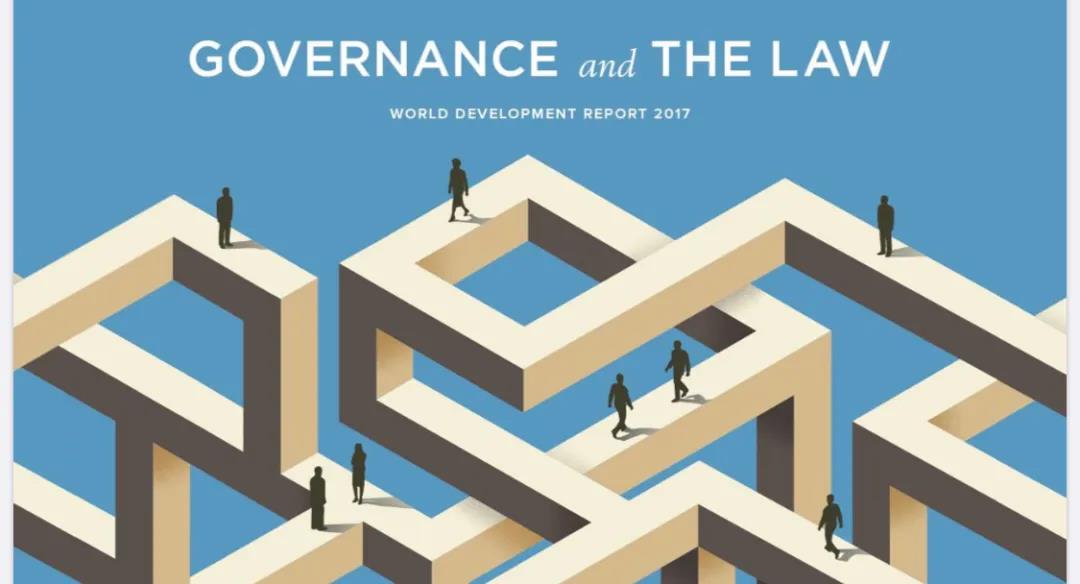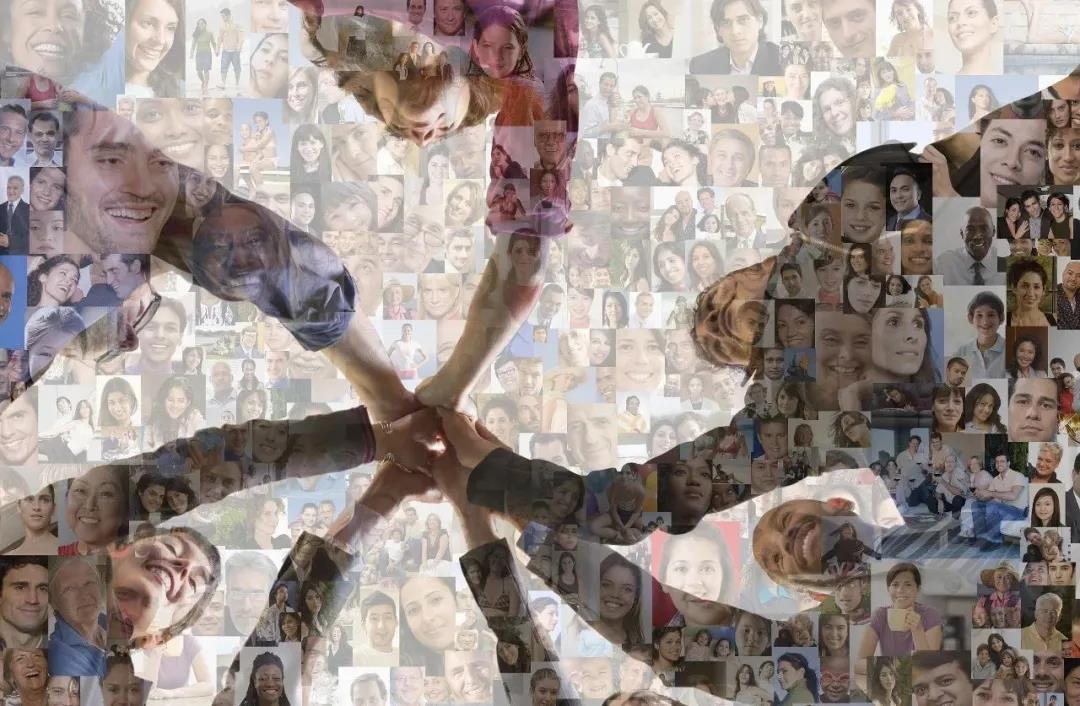Peking University, April 8, 2020: When the world plunged into a difficult new phase in the fight against the coronavirus, the collective actions and unity are needed unprecedentedly.
During an online panel hosted by Professor Fu Jun, academic dean of the Institute of South-South Cooperation and Development, Dr. Zhou Yongmei, program leader of Equitable Growth and Finance and Institutions at World Bank Indonesia and Timor Leste, shared her insights based on her current experience in Indonesia as well as her previous work as Co-director of the World Development Report 2017 on Governance and the Law.
Coordination, Cooperation and Credibility: Institutions’ fundamental capacities

Faced by the outbreak of the new virus, different countries showed a mix of reaction at the beginning. Zhou started with three examples: panic buying around the world, U.S. college students crowded on the beach for spring break despite the pandemic risk, and migrant workers in Indian major cities rushed to go back to hometowns before the country lockdown.
All these three phenomena show lack of collective action, Zhou said, “From the institution point of view, this is what I called failed institutions.”
In contrast, Zhou praised some countries and governments handled the crisis better, taking Singapore as a role model.
After taking lessons from SARS back in 2003, Singapore has developed a color code system as risk guidance so the public would be clearly informed the risk level and the corresponding measures.

The Prime Minister Lee Hsien Loong also comforted the public in time through a TV speech. The panic purchase stopped after he promised that the country has enough stock of daily goods.
Another example is China’s social distance guide – lines are drawn on the ground so people can easily keep a distance from each other when they queue in public places.
Zhou used three examples to elaborate on three kinds of collective actions that functioning institutions can achieve:
Coordination, for example of Singapore’s risk color code, indicates governments give directions to people whose self-interest are not at stake.
Cooperation, for instance, China’s social distance line on ground, refers to governments must rely on some mechanism, such as punishment or facilitation, to ensure people to comply with regulations that may be contradictory to their self-interest.
Credibility, or credible commitment of governments, underpins the ease of government in achieving coordination and cooperation.
Institutional capacity for implementing the stimulus package
Around the world, many governments have been moving very decisively to combat the virus and its impacts. The stimulus packages are similar in essence, such as protecting individuals, firms and the financial sector, Zhou said. She noted the three fundamental institutional capacities as the foundation for effective implementation of the stimulus policies.
Government with strong coordination can mobilize resources for the most needy area. For instance, the U.S. changed the regulation barrier to allow doctors to work anywhere in the country to help the most hit area such as New York. Indonesia is coordinating a whole-of-government response by asking central and local government agencies to reallocate budget towards COVID-19 response activities.
To achieve widespread cooperation with social distancing requirements, the government needs to design incentives for people, especially those relying on daily income, to be willing to stay home. Anticipating the need for social stability and rapid recovery after the COVID-19, governments also need to design incentives for companies to keep workers on the payroll during the containment period.
Divided and fragile societies are at a disadvantage in rebounding from a big shock
Based on the data from World Development Report 2017, Zhou pointed out that divided societies typically take longer to recover from the same crisis since the interest gap between different groups will lead to disputes or even conflicts before consensus can be reached and the country can move forward.
Over the long term, higher frequency of economic contraction as a result of external and internal shocks is what distinguish poor countries from rich countries, not average growth rates during growing years. This is shown in the following table.

International coordination and cooperation
Zhou stressed that international coordination and cooperation is badly needed and the international community can do more.
WTO should play a strong role in maintaining an open market, especially for medical products at this critical moment, but now only seven countries signed a joint commitment to maintain an open supply chain while many countries installed export restrictions.
At the request of member countries, IMF is considering issuing special drawing rights and facilitating swap networks during this time of global liquidity crunch. WHO can facilitate and leverage the unprecedented level of international collaboration initiated by the scientific community.
Change levers policy leaders can use
To generate collective actions, policy leaders need to be aware of the balance of power within the relevant policy arena. Zhou pointed out that a policy arena may be captured by powerful interests, exclude the voice of certain groups, or suffer from clientelism.
The poor have limited voice in the policy arena so policies are rarely made in their interest. However, reducing the gap between the poor and rich and uplifting the wellbeing of the bottom are the task of public policy professionals who work in the policy arena, Zhou said.
To change the power imbalance in the policy arena, Zhou listed three levers can be used, including to enhance contestability, to incentivize, and a quite difficult one, to shape beliefs.
Back to the example of Indian migrant workers, Zhou mentioned at the beginning of the speech, she said many countries share the same struggle on how to keep the poor at home. Financial assistance is an easy option but governments need creative methods to reach the new group of poor people, who prior to COVID-19 might have been in the aspiring middle class. Local actions are needed, so the affected people can be part of the design in solutions that can address their needs.

Dr. Zhou Yongmei and Professor Fu Jun. Screenshots from the online lecture